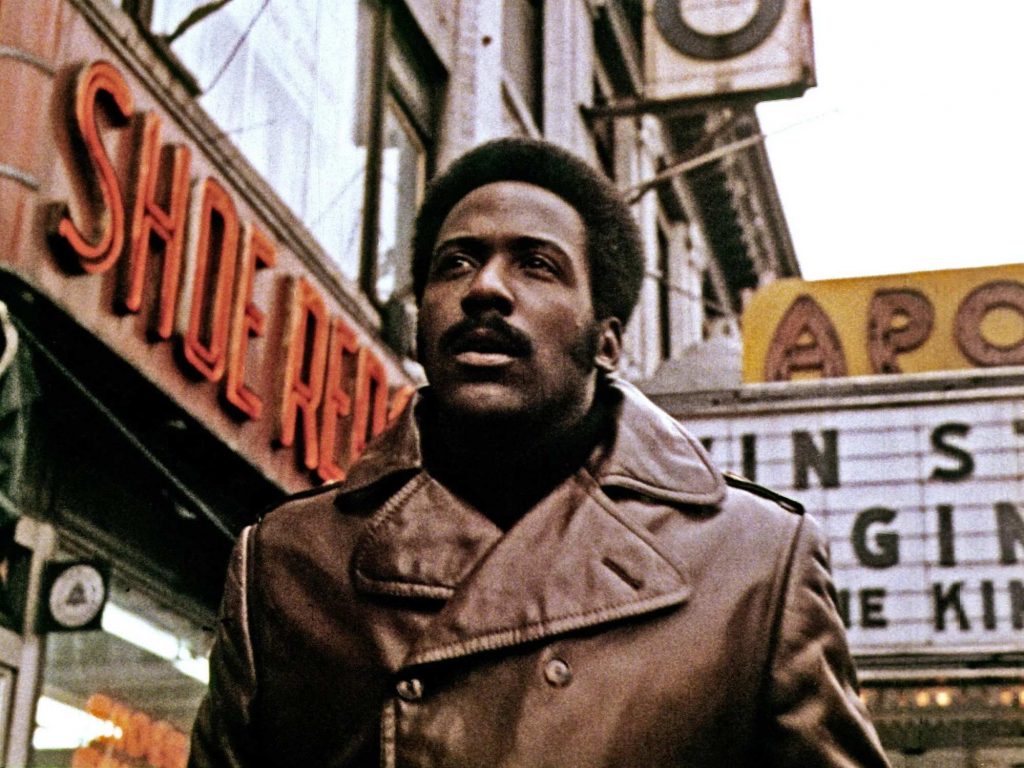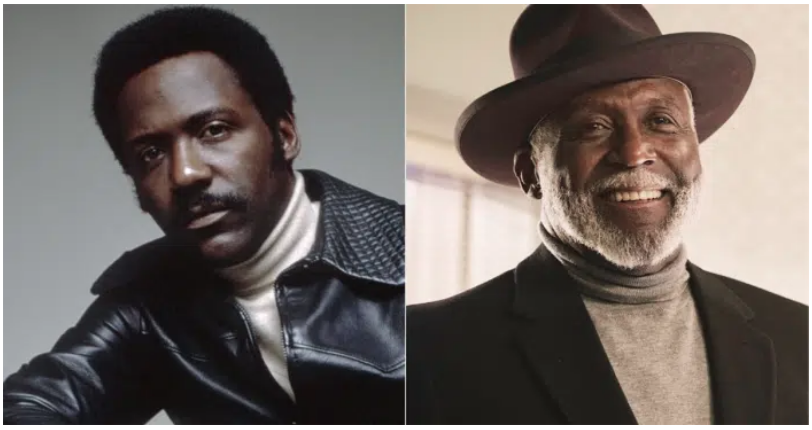The world mourns the loss of Richard Roundtree, the legendary actor renowned for his groundbreaking portrayal of the suave private detective in the iconic “Shaft” film series. At the age of 81, Roundtree succumbed to pancreatic cancer at his Los Angeles residence, marking the end of a remarkable career that transcended the 1970s classics that made him a household name.

His longtime manager, Patrick McMinn, confirmed the passing, emphasizing Roundtree’s pivotal role in reshaping the landscape for African American leading men. McMinn acknowledged, “Richard’s work and career served as a turning point for African American leading men. The impact he had on the industry cannot be overstated.”
Beyond the initial “Shaft” films in the 1970s, Roundtree’s legacy endured. In the 2000 “Shaft” film, he reprised his iconic role alongside Samuel L. Jackson, introducing the character to a new generation. The 2019 rendition, starring Jessie T. Usher, continued the legacy, symbolizing Roundtree’s enduring influence on the franchise.
Samuel L. Jackson, who portrayed Roundtree’s nephew in the films, paid heartfelt tribute on social media, referring to Roundtree as the “prototype” and “the best ever to do it”. Jackson emphasized, “SHAFT, as we know it, is & will always be his Creation. His passing leaves a deep hole not only in my heart but I’m sure a lotta y’all’s, too.”
Born on July 9, 1942, in New Rochelle, New York, Roundtree’s journey to stardom began with a passion for acting and modeling. Leaving Southern Illinois University in 1963 to pursue his artistic aspirations, he gained recognition through modeling at the Ebony Fashion Fair. Roundtree’s acting career blossomed when he joined the Negro Ensemble Company in 1967, delivering a memorable performance as boxing legend Jack Johnson in “The Great White Hope.”
The turning point in his career occurred in 1971 when he landed the role of Shaft in the Gordon Parks-directed film. The success of “Shaft” propelled Roundtree to stardom, earning him the Golden Globe Most Promising Newcomer Award in 1972. Throughout the 1970s and 1980s, he graced the silver screen in various films and made notable appearances in television series like “Roots”.
In the ensuing decades, Richard Roundtree continued to leave an indelible mark on the entertainment industry. From television series like “Soul Food” to his recurring role in “Being Mary Jane” alongside Gabrielle Union, he showcased his versatility. In 1993, Roundtree faced and triumphed over a rare form of male breast cancer, becoming a vocal advocate for breast cancer awareness.
His contributions earned him numerous awards, including the MTV Lifetime Achievement Award, an Image Award nomination, a Peabody Award, and a Black Theater Alliance Lifetime Achievement Award. Richard Roundtree’s legacy is not just in the characters he portrayed but in the doors he opened and the barriers he broke, leaving an indomitable mark on the world of entertainment.






